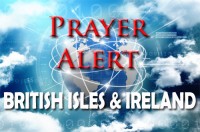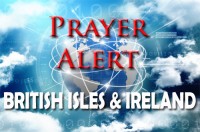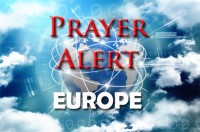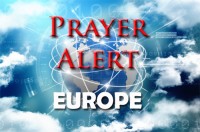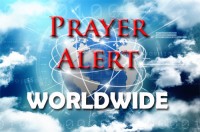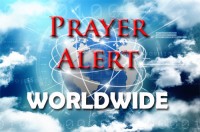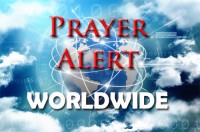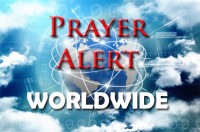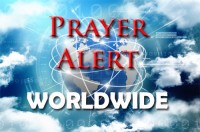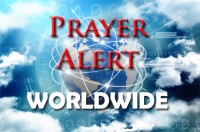Armistice centenary celebrated
On 11 November 1918, the Armistice was signed, bringing an end to the First World War. Big Ben sounded in Parliament Square to ring in the news as thousands gathered to celebrate, sparking three days of jubilation across Britain. Prime minister Lloyd George told the House of Commons, ‘I hope we may say that thus, this fateful morning, came an end to all wars.’ The national mood was not exclusively joyous. Wounded veterans met the news in silence, reflecting on a victory that had cost so many lives. Over the next two years, 5,000 war memorials were erected in towns and villages, as reminders of the past and warnings to future generations not to repeat the mistakes of history. This year, appropriately, Armistice Day coincides with Remembrance Sunday. The two-minute silence will commence at precisely 11 am, marking exactly 100 years to the second since the war came to an end.
UK economic growth will be slowest in Europe
The UK will join Italy next year as the slowest-growing economy in Europe, before holding that title alone in 2020, according to a European Commission forecast. These gloomy predictions are based on a soft Brexit - meaning that Britain is expected to lag behind all its EU peers even if Theresa May can reach a deal with Brussels before 29 March. The commission expects consumer spending growth to remain weak, continuing a poor performance since the June 2016 referendum. The result will be GDP growth of only 1.2% in 2019 and 2020. The forecast came as the IMF sounded the alarm over the mounting risks to the European economy from a no-deal Brexit, the escalation of trade disputes around the world, and high levels of Italian government debt.
Ukraine: activist dies after acid attack
Following the death of activist Kateryna Handziuk on Sunday, Ukraine’s leaders face mounting demands to protect its civil society and end the impunity of powerful criminals. In August someone poured sulphuric acid over Ms Handziuk (33) outside her home in the southern city of Kherson, where she was an adviser to the mayor and campaigned against police and political corruption. From her hospital bed in Kiev, she had called for urgent action over the assaults on more than forty Ukrainian activists in the past year, and expressed doubts about whether five men arrested for the acid attack were actually responsible. Out of more than 140 attacks on journalists since the start of 2017, only 14 have gone to court; police and officials seem unable or unwilling to defend those who expose the lucrative links between politics, business, and crime in the country. The US ambassador, Marie Yovanovitch, urged Ukraine to ‘bring the perpetrators to justice, including those who ordered the attack’.
European defence coalition launched in Paris
The European Intervention Initiative (EII), a military coalition ready to react to crises near the continent's borders, was launched in Paris on 7 November amid calls by French president Emmanuel Macron for a ‘real European army’. The French-led initiative would not conflict with the almost 70-year-old US-dominated NATO alliance, proponents say, but reflects concerns about a more isolationist USA under President Trump. The EII took official shape in Paris after months of negotiations with Germany, which France wants at the centre of the force. It will see members collaborate on planning, the analysis of new military and humanitarian crises, and eventual military responses to those crises. ‘In an environment where threats and upheavals nature are multiplying, the EII must send the message that Europe is ready and capable’, a French defence ministry official said.

